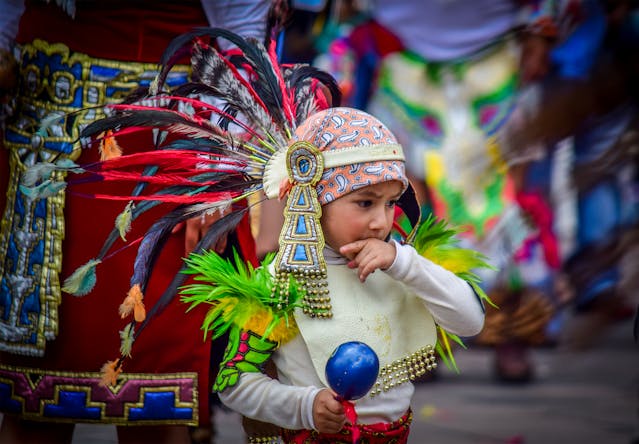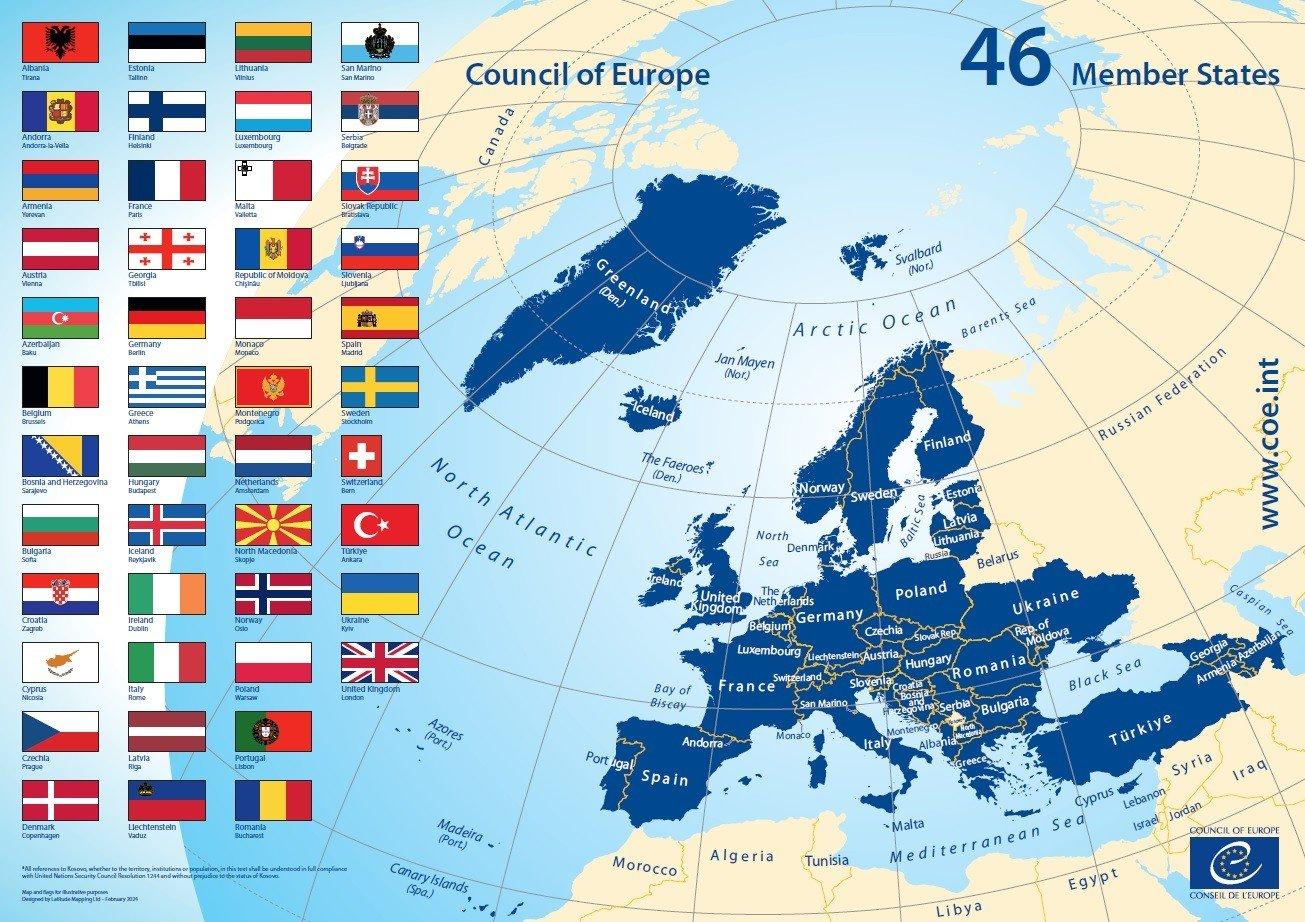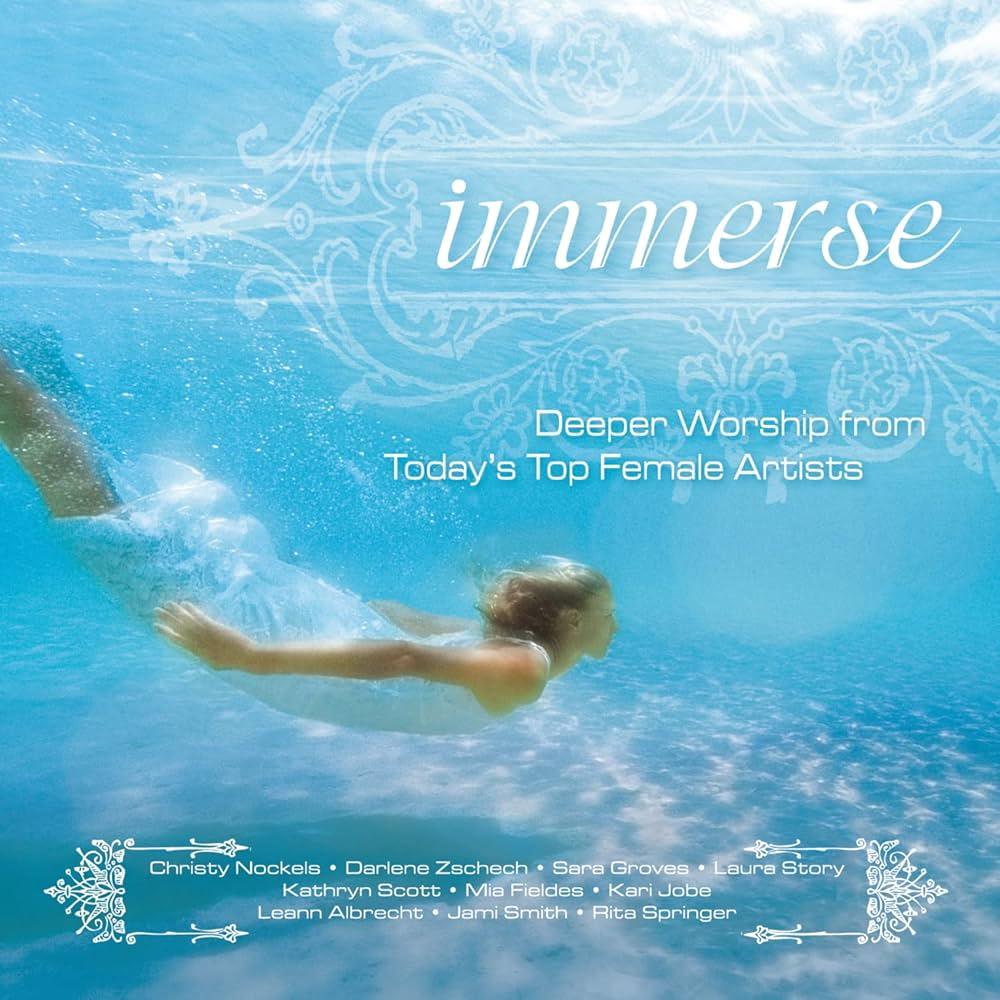In a world as diverse as ours, navigating different customs and traditions can be a fascinating journey of discovery. From the way we greet one another to the gestures we use in conversation, cultural etiquette plays a vital role in understanding and respecting the varied beliefs and practices of different societies. Join us as we delve into the intricacies of cultural etiquette and explore the beauty of embracing and appreciating the differences that make our world so rich and vibrant.
Respecting Cultural Norms: Navigating Social Customs Abroad
When traveling abroad, it’s essential to understand and respect the cultural norms of the destination you are visiting. Different countries have unique customs and traditions that may be unfamiliar to you. By taking the time to learn about and adhere to these social norms, you can show respect for the local culture and avoid unintentionally offending anyone.
Some common cultural etiquette practices to keep in mind when traveling include:
- Greeting customs: In some cultures, it’s customary to bow instead of shaking hands. Be sure to research the appropriate greeting for the country you are visiting.
- Dining etiquette: Table manners vary widely from one culture to another. Familiarize yourself with the proper way to eat, pass dishes, and use utensils in the country you are visiting.
- Communication style: Some cultures value direct communication, while others prefer indirect communication. Pay attention to how locals interact with each other and adjust your communication style accordingly.

Dining Etiquette: The Importance of Table Manners
Understanding and respecting different cultural customs when it comes to dining etiquette is essential in today’s globalized world. Table manners vary greatly from one culture to another, and being aware of these differences can prevent misunderstandings and show respect to your hosts or dining companions.
For example, in Japanese culture, it is customary to say “itadakimasu” before beginning a meal to express gratitude for the food. In Chinese culture, it is polite to leave a small amount of food on your plate to show that you are satisfied. In Western culture, using utensils properly and keeping your elbows off the table are common manners that are expected at the dining table. By understanding and following these customs, you can navigate social situations more smoothly and show your respect for the traditions of others.

Greeting Rituals: Mastering the Art of Proper Introductions
When it comes to greeting rituals, mastering the art of proper introductions is key in navigating different cultural norms and customs. In some cultures, a simple handshake may suffice, while in others, a bow or a kiss on the cheek may be more appropriate. Understanding the nuances of different greeting rituals can help avoid misunderstandings and show respect towards others.
One common custom in many cultures is to address someone by their title and last name until given permission to use their first name. In Japan, for example, it is customary to bow when greeting someone as a sign of respect. In Arab cultures, a warm handshake coupled with maintaining eye contact is seen as a friendly and respectful way to greet someone. By taking the time to learn and understand these different cultural etiquettes, we can all improve our interactions with people from diverse backgrounds and demonstrate our understanding and appreciation of their customs.

Gift Giving: Understanding the Symbolism Behind Presents
Gift-giving is a universal tradition that varies greatly across different cultures. Understanding the symbolism behind presents is crucial in navigating cultural etiquette when exchanging gifts. In some cultures, gifts are seen as a token of appreciation or respect, while in others, they may symbolize good luck, prosperity, or even have spiritual significance.
It is important to research and respect the customs of the recipient’s culture when giving a gift to avoid any misunderstandings or unintended offense. Some cultures may have specific rules regarding the type of gifts that are appropriate, the way gifts should be presented, or even the timing of gift-giving. By being mindful of these differences and showing respect for traditions, you can foster positive relationships and create meaningful connections through the act of gift-giving.
In Summary
Exploring and respecting cultural etiquette is an essential part of navigating the diverse tapestry of customs and traditions that make up our world. By taking the time to understand and appreciate the differences in how individuals and communities express themselves, we can foster greater understanding and connection across borders. So next time you find yourself in a new cultural setting, remember to approach with an open mind and willingness to learn. Embracing cultural etiquette is not just about following a set of rules, but about embracing the beauty and richness of the human experience in all its forms. Let us continue to celebrate and honor the unique customs that make our world so wonderfully diverse.
 Journey Junkies Hub
Journey Junkies Hub



